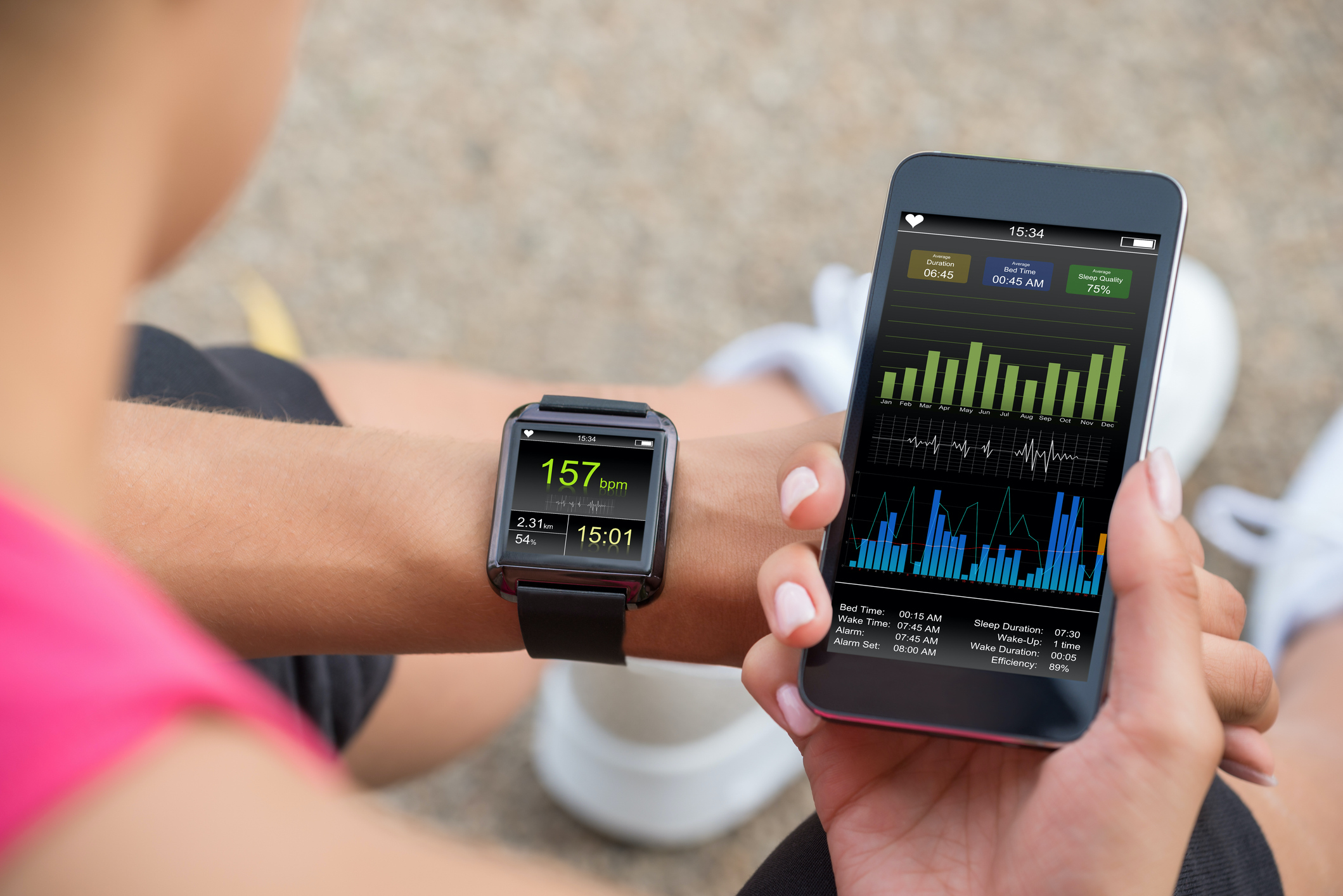Patient-generated health data (PGHD) – data collected from the patient themselves, through wearables or from mobile apps – provides clinicians with information about the patient’s health status outside of the traditional clinical setting. But how trustworthy is this data?
Alfredo Ormazabal, a researcher at the Science Foundation Ireland Research Centre for AI-Driven Digital Content Technology (ADAPT), has created a tool devised to help clinicians evaluate the trustworthiness of PGHD in their decision-making processes.
Informed by an extensive literature search and interviews with clinicians from various disciplines, the PGHD Trust Canvas draws on similar existing business models like the Business Model Canvas, the Trust Canvas and the Ethics Canvas.
“The PGHD Trust Canvas is a comprehensive framework designed to address the trust concerns surrounding the use of patient-generated data in clinical decision-making,” Mr Ormazabal told Pulse+IT.
“The canvas helps clinicians reflect and assess the various factors like quality, provenance, and risks associated with PGHD, ensuring that this data can be used effectively and safely in healthcare settings.
“It offers a structured approach to evaluate whether or not PGHD is trustworthy, focusing on improving clinical decisions, enhancing patient safety, and promoting consistency across clinical settings.”
The tool stems from earlier research in which Mr Ormazabal interviewed healthcare professionals from different disciplines to ascertain the key factors that influence trust in PGHD.
The exploratory qualitative study revealed that the accuracy and quality of the data, along with the origin of the information, were key determinants of trust.
Clinicians considered the trustworthiness of the individual, the organisation behind the PGHD, and whether the technology used was approved as important elements that influence their trust in the data.
To address the issue, Mr Ormazabal developed the PGHD canvas using a design process using feedback from clinicians to ensure the tool addressed their needs for clarity, confidence and safety when evaluating PGHD.
The framework was refined over multiple stages of testing and evaluation to ensure that it not only meets clinicians’ expectations, but also aligns with evidence-based practices in healthcare. The goal was to create a tool that could be easily understood, relied upon, and facilitate informed decision-making in various clinical contexts.
“Trust is essential when integrating any new data source into clinical care, especially one as dynamic as PGHD,” he said.
“The PGHD Trust Canvas provides clinicians with a structured, evidence-based tool to evaluate whether patient-generated data can be relied upon for making critical healthcare decisions.
“By addressing trust, we can unlock the full potential of PGHD to improve patient outcomes, especially in an era where remote monitoring and digital health solutions are becoming increasingly central to care delivery.”
The Trust Canvas is available here. A free on-demand training session on how to use the app is available here.
